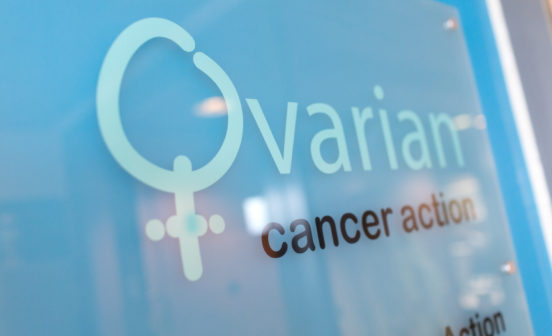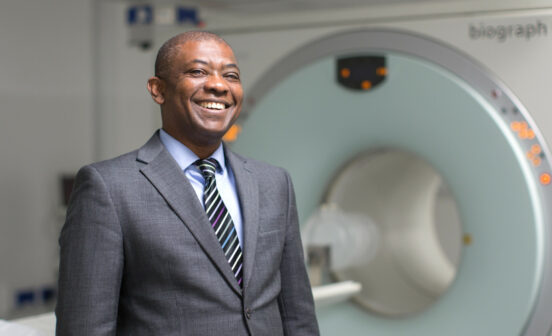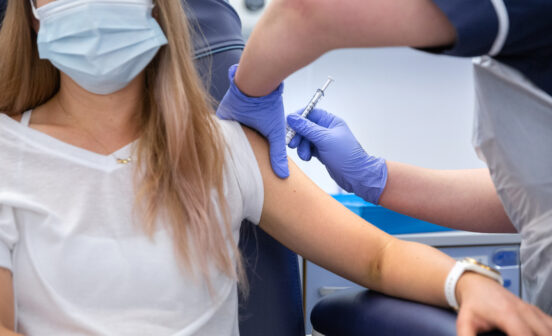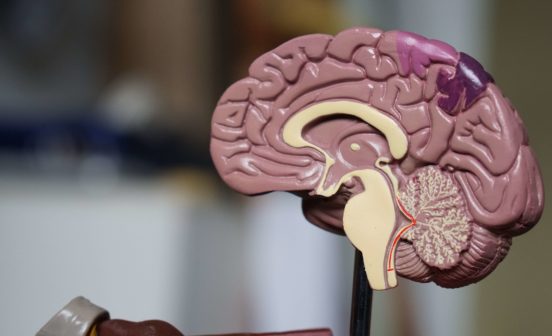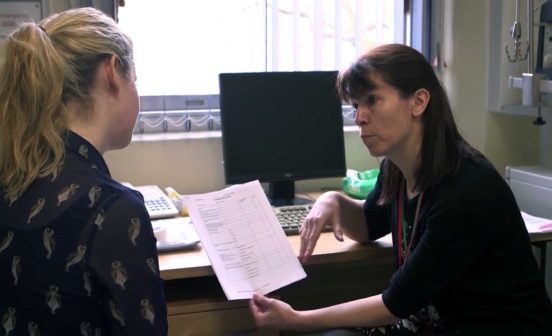EventPPIE PhD researchers explain AI research to the public
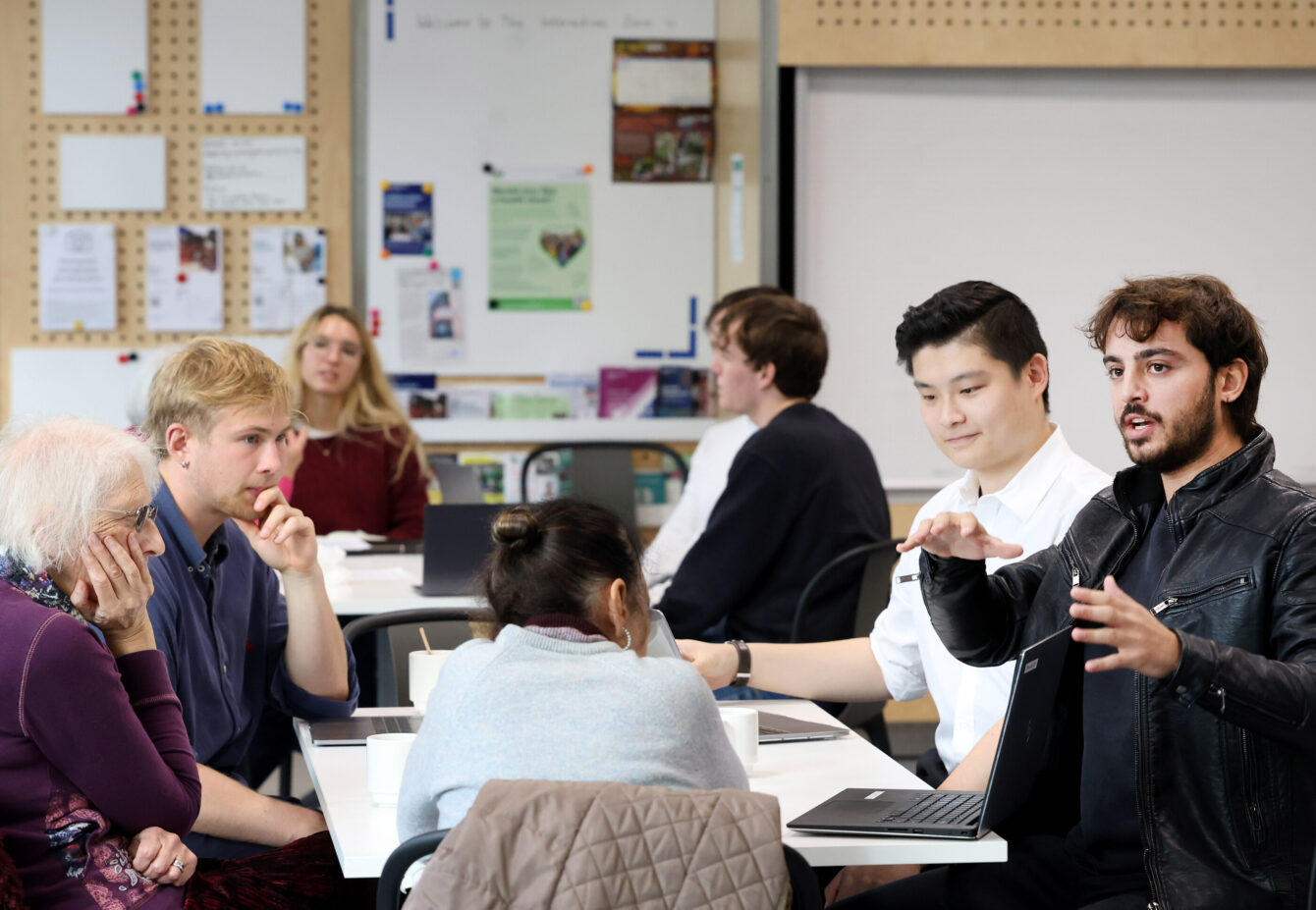
Imperial College London’s AI for Healthcare Centre (AI4Health) hosted its annual training session for its researchers to improve their science communication skills by discussing their findings with patients and members of the general public. As part of the Centre’s pioneering work of utilising AI in the medical field, it developed specialised workshops to include elements of Patient and Public Involvement and Engagement (PPIE).
The AI4Health Centre has been prioritising PPIE since 2019, ensuring that AI tools for healthcare are developed and designed with real patient needs and concerns in mind. Involving patients and the public not only promotes transparency and builds trust, but it also helps researchers prioritise features and outcomes that matter most to people with lived experience of disease.
Professor Aldo Faisal, Director of the AI for Healthcare Centre, said, “We have been pioneering AI for healthcare research since 2019, forging the next generation of medical AI leaders. The workshop, together with our regulatory training, is part of our globally unique programme and our researchers are already emerging as agents of change in the NHS after graduating.”
While a defining feature of the Centre’s training programme, including PPIE in AI for healthcare is not the norm due to challenges in bridging the gap between complex technical concepts and public understanding, alongside ethical concerns over data privacy and resource allocation. Co-developed by the Centre’s Senior Teaching Fellow, Dr Ahmed Fetit, and Imperial’s Cancer Research UK Lead Nurse and NIHR Surgery and Cancer Theme PPIE Lead, Kelly Gleason, the session aimed at equipping attendees with these skills at the onset of their research career.
“Science is not just about writing code or coming up with ideas or even just publishing,” said Dr Ahmed Fetit, Senior Teaching Fellow at AI4Health Centre. “We have been co-creating healthcare technologies with patients from the beginning. They have helped us not only better understand what they need, but also provided the practical insight of day-to-day life with a disease and what solutions may work.” The Centre aims to equip early career researchers with skills that enable transparent and impactful scientific communication.
For the two-hour session, PhD researchers in attendance were required to prepare a 300-word abstract of their projects, designed to be accessible to a non-specialist audience. Alongside this, they brought their presentations or demos that clarified complex AI concepts—whether through slides, 3D models, or other visual formats. During the workshop, Centre participants received live feedback from patients, informing their views on their work and improving their public outreach capabilities.
Kelly Gleason said, “They’re here to practice communicating science to the public, which is an essential skill for researchers today. And the patients are always very inspired by these young, bright students doing such wonderful things for everybody’s future.”
UK Research and Innovation supported this event.

